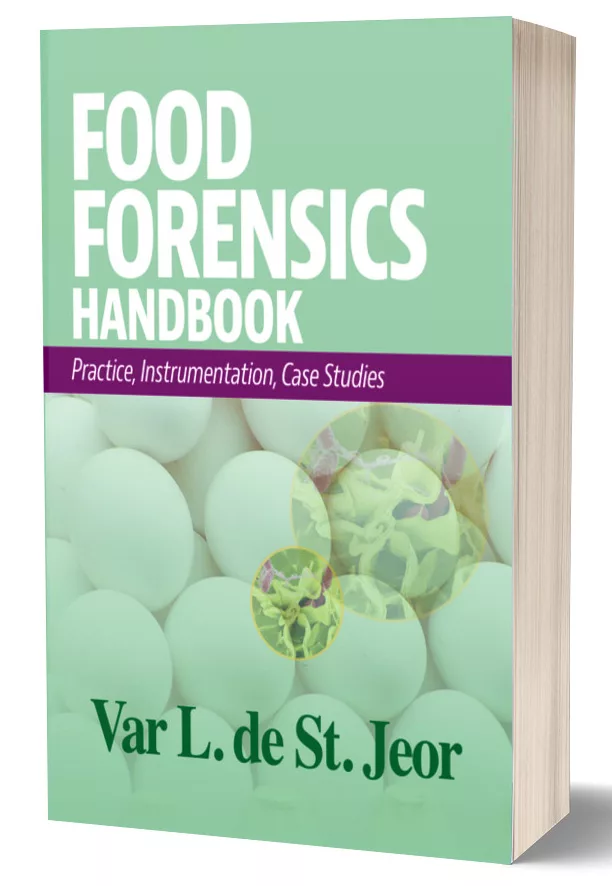Most Major Food Allergen Recalls Caused by Preventable Labeling Errors, Study Finds

Credit: Markus Spiske via Pexels
The majority of food allergen recalls are caused by preventable labeling errors, according to a recent analysis of recall data for U.S. Food and Drug Administration (FDA)–regulated products. Additionally, milk remains the top major food allergen implicated in major food allergen recalls.
The study included recall data for fiscal years 2013–2019, during which time there were 1,471 food allergen and gluten recalls. The data was collected from FDA’s Recall Enterprise System (RES). Every recall recorded in RES requires a health hazard evaluation (HHE) and recall classification (Classes I, II, and III) to indicate the relative degree of health hazard presented by the product being recalled. Class I recalls involve a product that poses reasonable probability of serious adverse health consequences or death; Class II recalls pose a remote probability of serious or temporary adverse health consequences; and Class III recalls are not likely to cause adverse health consequences.
Of the 1,471 total recalls, 1,415 recalls were due to major food allergens, 34 recalls were due to gluten-free labeling violations, and 23 recalls involved other allergens. In general, recalls due to major food allergens increased during the study period, with a peak incidence rate in fiscal year 2017.
Major food allergen recalls were classified as 51.2 percent Class I, 45.5 percent Class II, and 3.3 percent Class III. A majority of the recalls involved one allergen (78.8 percent). Milk was the most common major food allergen involved in major food allergen recalls (37.5 percent), followed by soy (22.5 percent) and tree nuts (21.6 percent). Almond, anchovy, and shrimp were the most common allergens recalled within the major food allergen groups of tree nuts, fish, and crustacean shellfish, respectively.
About 97 percent of major food allergen recalls involved one product category. Bakery items were the most commonly implicated food category in recalls (31.5 percent), followed by snack foods (12.1 percent), candy (10 percent), dressing (8 percent) and dairy (7.9 percent). Labeling-associated errors accounted for 71.1 percent of the 914 major food allergen recalls with known root causes. Another 23.4 percent of the recalls with known root causes were caused by cross-contamination.
The 2015 “Current Good Manufacturing Practice, Hazard Analysis, and Risk-Based Preventive Controls for Human Food” rule (21 Code of Federal Regulations (CFR) Part 117) defines preventive allergen controls including labeling requirements. In comparison to 21 CFR 117, 76.8 percent of major food allergen recalls with a known root cause were likely due to inadequate label controls, the study found. Specifically, of the 893 recalls with labeling-related root causes, adequate label content controls could have prevented 63.5 percent of recalls, while adequate label management controls could have prevented the other 36.5 percent of recalls. The findings suggest that food manufacturers should pay close attention to ensure adequate allergen label controls are in place to protect public safety and prevent food allergen recalls.
Looking for quick answers on food safety topics?
Try Ask FSM, our new smart AI search tool.
Ask FSM →








